Maybe you're like me—someone who’s sat in an office many times, staring out the window and thinking, "If only I could work freely, without restrictions… Sleep whenever I want, work whenever I feel like it—life would be so much easier." And that’s when the word “Freelancer” popped into my head like a way out.
I started looking into freelancing, and the internet was flooded with videos like “Earn 100 million VND a month as a Freelancer” or articles describing dreamy days: working in a coffee shop in the morning, walking on the beach in the afternoon, and watching movies at night. Part of me was completely drawn in, but another part couldn’t help but wonder, “Is it really that easy and free?”
The Glamour of “Freedom”
There’s no denying that being a freelancer, in the literal sense, means working freely—without being tied to a long-term contract with a specific company. Sounds appealing, right? No boss, no need to show up at the office by 8 a.m., no asking for permission to take time off for a trip or to visit family. It feels like you’re finally in control of your own life.
Someone once told me, “I can wake up at 10 a.m., make coffee while checking emails, pick the clients I like, turn down projects that don’t suit me. I’m no longer stressed out by back-to-back deadlines like when I worked in an office.”
It’s true—freelancing can offer all of that, but only if you’re skilled enough, lucky enough, and persistent enough to get through the tough beginning phase. That “freedom” so many people dream of doesn’t come right away.
Freedom or… Fending for Yourself?
The first thing I realized is that freelancing isn’t just about doing work—it’s about running your own small business. You’re not just the worker; you’re also the one finding clients, negotiating rates, writing contracts, running ads, handling customer service… and it’s all just you.
I used to think freelancing would give me more free time, but it didn’t. The hours I spend searching for projects, reaching out to clients, replying to messages, making edits, preparing quotes, and waiting for responses—sometimes all of that adds up to even more time than a regular 8-hour office job.
There were days I worked from 9 in the morning until 11 at night, with just enough time for a meal break—not because anyone forced me, but because the fear of not having clients or income for the next month kept me from taking a break.
“Free” When There Are Clients – “On Your Own” When They Go Silent
A fellow freelancer once told me, “Freedom is something you have when your schedule is full of projects. If you don’t have any clients, that so-called ‘freedom’ just feels like intentional unemployment.”
When I first started, I had to send dozens of messages every day to potential clients on platforms like Upwork, Fiverr, or in Facebook groups. Many people read but never replied. Some asked detailed questions, negotiated everything down to the tiniest point—and then disappeared without a word.
When I landed my very first client, I was overjoyed—it felt like winning the lottery. But soon after, I realized they demanded much more than what was in the contract. I had to revise the work again and again, and they even delayed payment by a whole week. I didn’t dare push them too hard because I was afraid they’d leave a bad review, which could damage my profile and make it harder to get future jobs. That feeling of “freedom” vanished the moment I realized how much I depended on each client, each positive review, and every small project.
Free From a Boss, But Not From Deadlines
One thing I used to dream about was no longer being pressured by a boss about deadlines. But honestly, freelancers aren’t free from deadlines at all. The only difference is—this time, no one reminds you, no one checks in on you… but if you miss a deadline, you lose the client, your reputation, and maybe even your future work.
There was a project I delayed because I assumed the client was easygoing. When the deadline came, the work wasn’t done. I asked for an extension, but they refused, didn’t pay the deposit, and left a really bad review. The result? No one wanted to hire me for the next month. It was a harsh but valuable lesson.
Freedom of Time… or Drowning in It?
I used to think freelancing meant sleeping in and working only when inspiration struck. But reality isn’t that romantic. Without a fixed schedule, it’s easy to find yourself working non-stop. There were nights I’d lie in bed wondering, “Wait, what day is it today?” Because every day felt the same—always working, always chasing income.
If you don’t know how to manage your time, freedom can quickly turn into self-destruction. Sleepless nights, a messed-up body clock, irregular meals—those were all part of my first month as a freelancer.
Financial Freedom—If You’re Really Good
This is what most people dream about. As a freelancer, you can earn two or even three times more than a salaried employee—if you have standout skills, know how to build your personal brand, and can earn clients’ trust.
I know a friend who’s a freelance designer—he’s genuinely talented, has a strong portfolio, communicates well, and always delivers on time. He now earns about 30 million VND a month doing just four projects. But it took him two whole years of earning only 5–7 million per month to get there.
On the flip side, I also know many people struggling—juggling small jobs, constantly being underpaid, getting ghosted by clients, doing five gigs a month and still not making enough to cover rent.
Yes, financial freedom is possible—but it’s not easy, not quick, and definitely not for anyone lacking both skill and grit.
Freedom is an Illusion Without the Right Strength
Being a freelancer requires more than just expertise. You need to know how to:
Write a professional client introduction Negotiate rates without being undercut Build long-term relationships with clients Write invoices, contracts, emails, and provide post-project customer care And how to "swallow your anger" when clients are unreasonable
No one trains you for this. There’s no HR department, no support team, no one to hold your hand. Everything depends on you. And that’s why many people who leave the office life end up quietly returning to it within three months. They realize that the “freedom” they imagined was just the shiny surface shown online, while the deeper reality is full of thorns.
So, Should You Become a Freelancer?
My answer is Yes, if you know what you’re doing and are willing to make sacrifices. Freelancing isn’t bad—some people achieve incredible success and genuine freedom. But no one gets there without paying the price in time, effort, and early failures.
I’m not saying you shouldn’t dream. But before quitting your job and chasing freedom, be sure you’re well-prepared:
Have a clear skillset (writing, design, programming, etc.)
Be able to communicate and negotiate effectively
Have enough savings to survive a few months without clients
Have the discipline and ability to self-learn







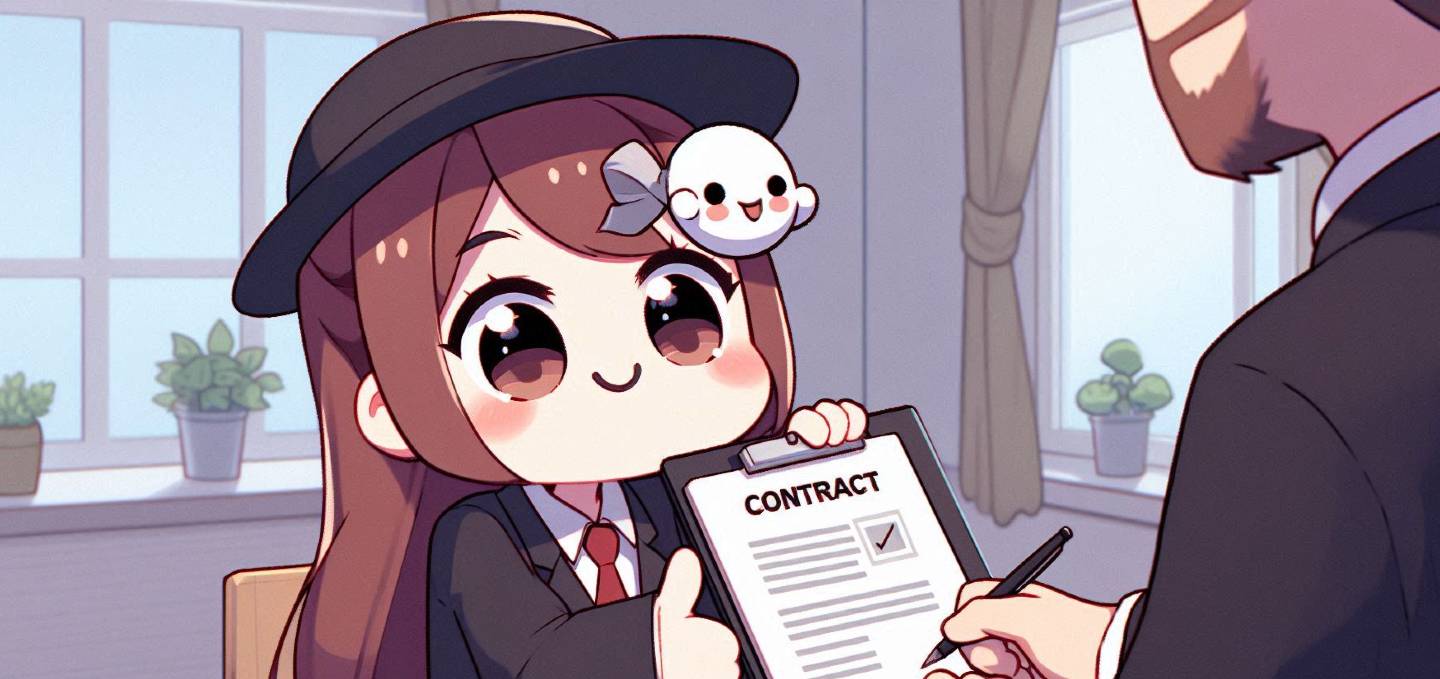
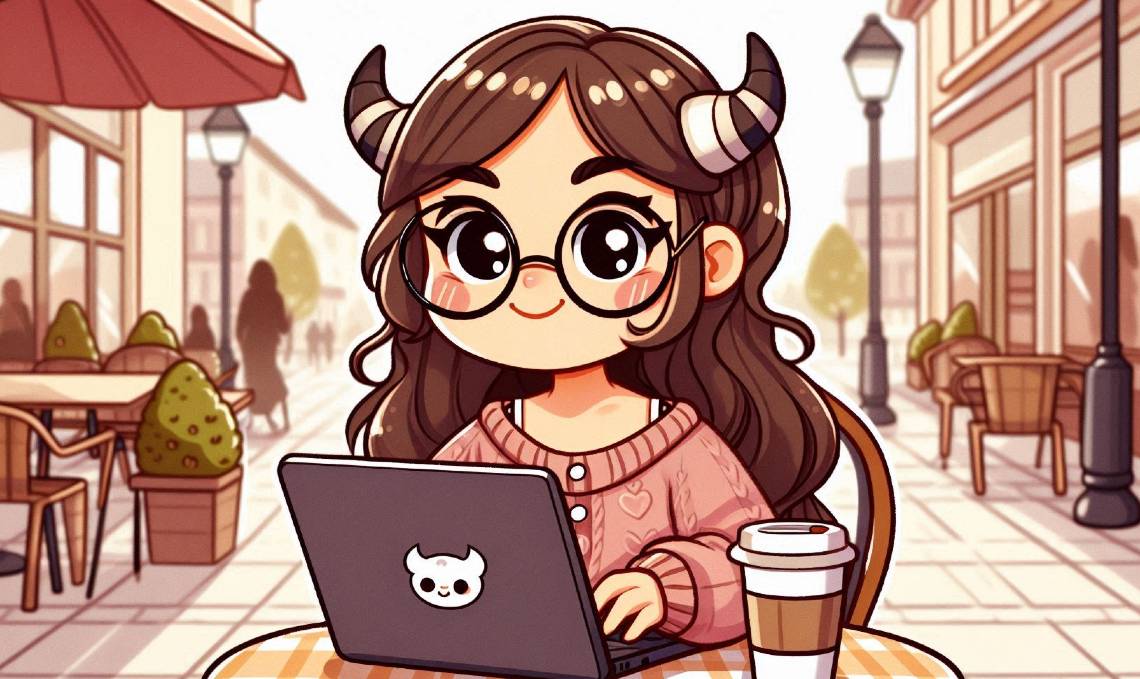
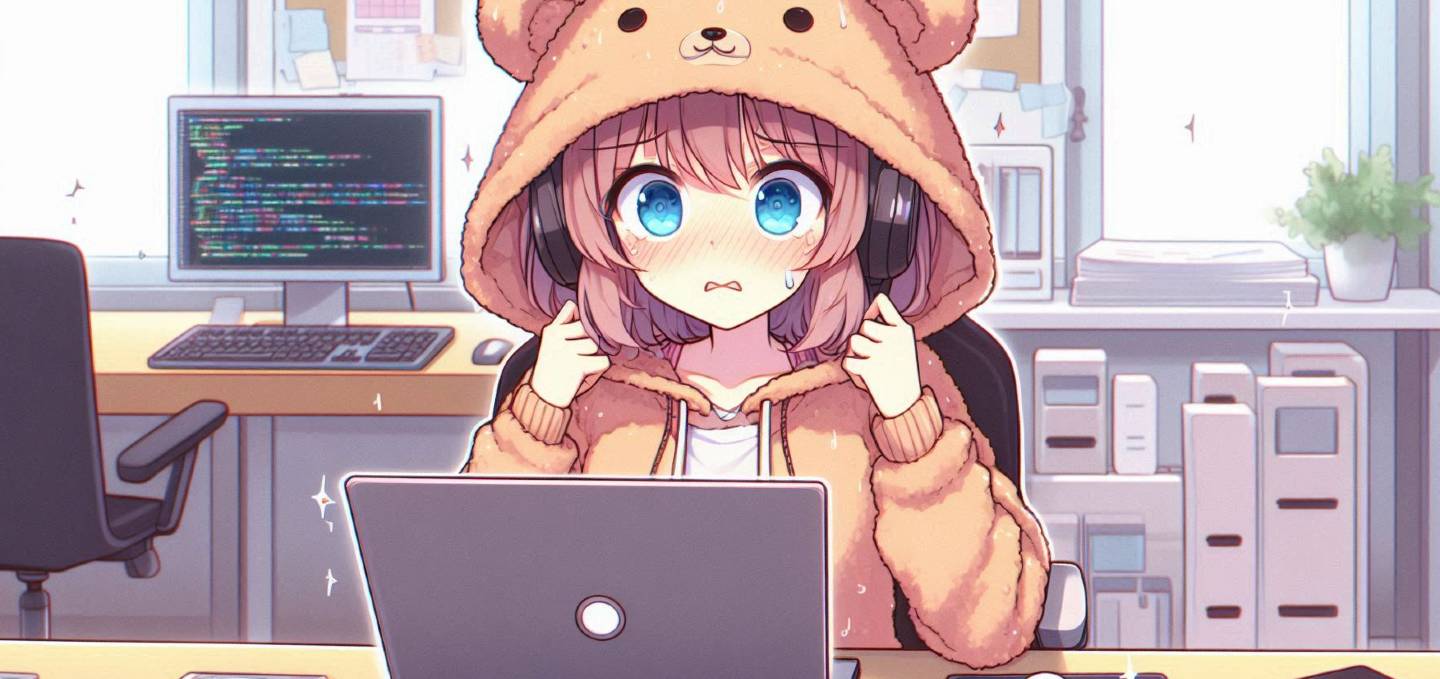

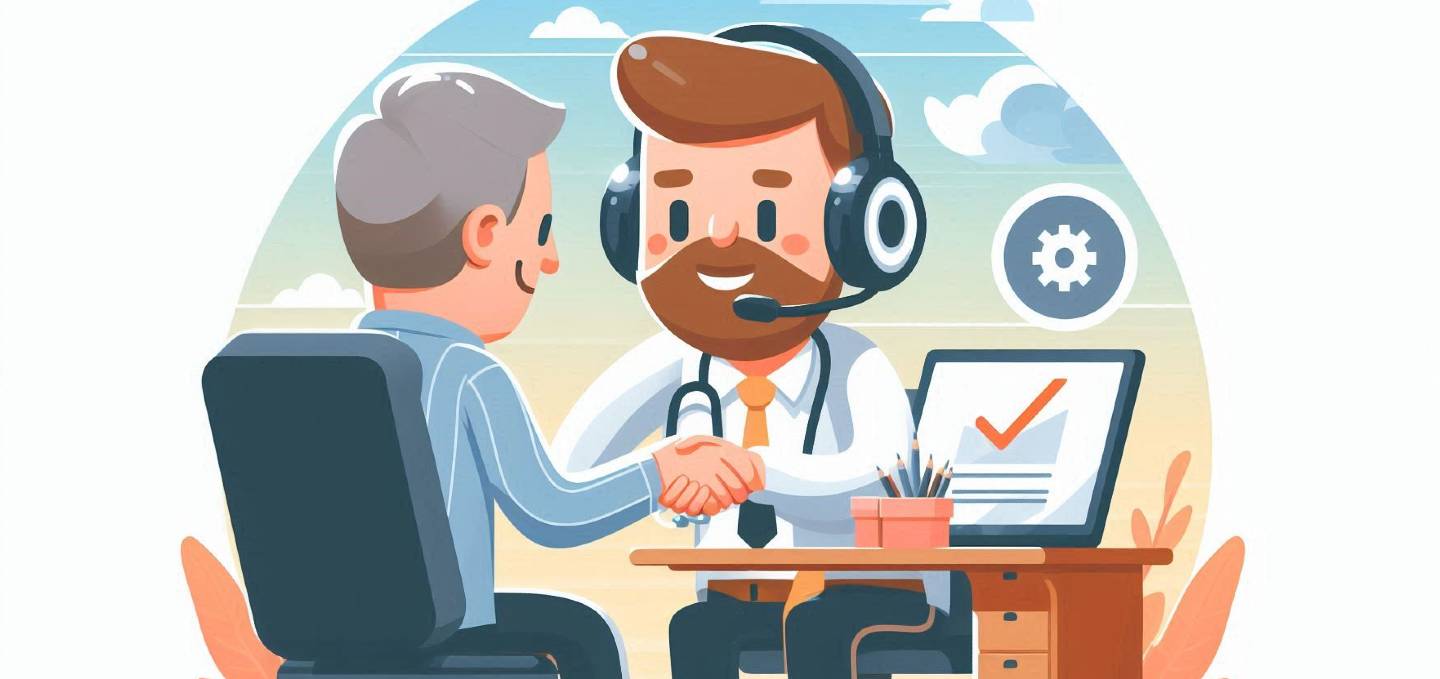

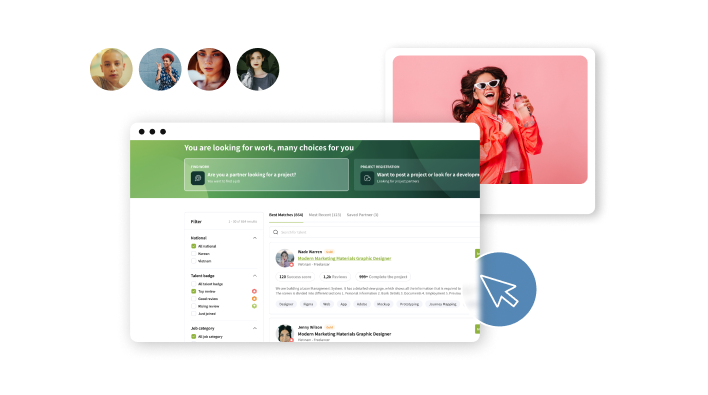
0 Comments
This post has no comments yet
Be the first to commentLeave a comment